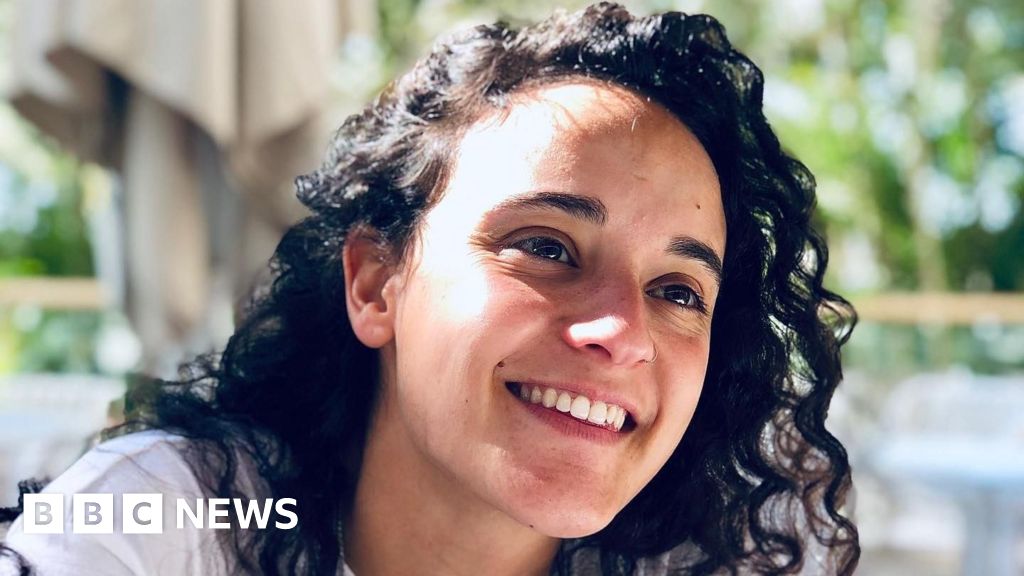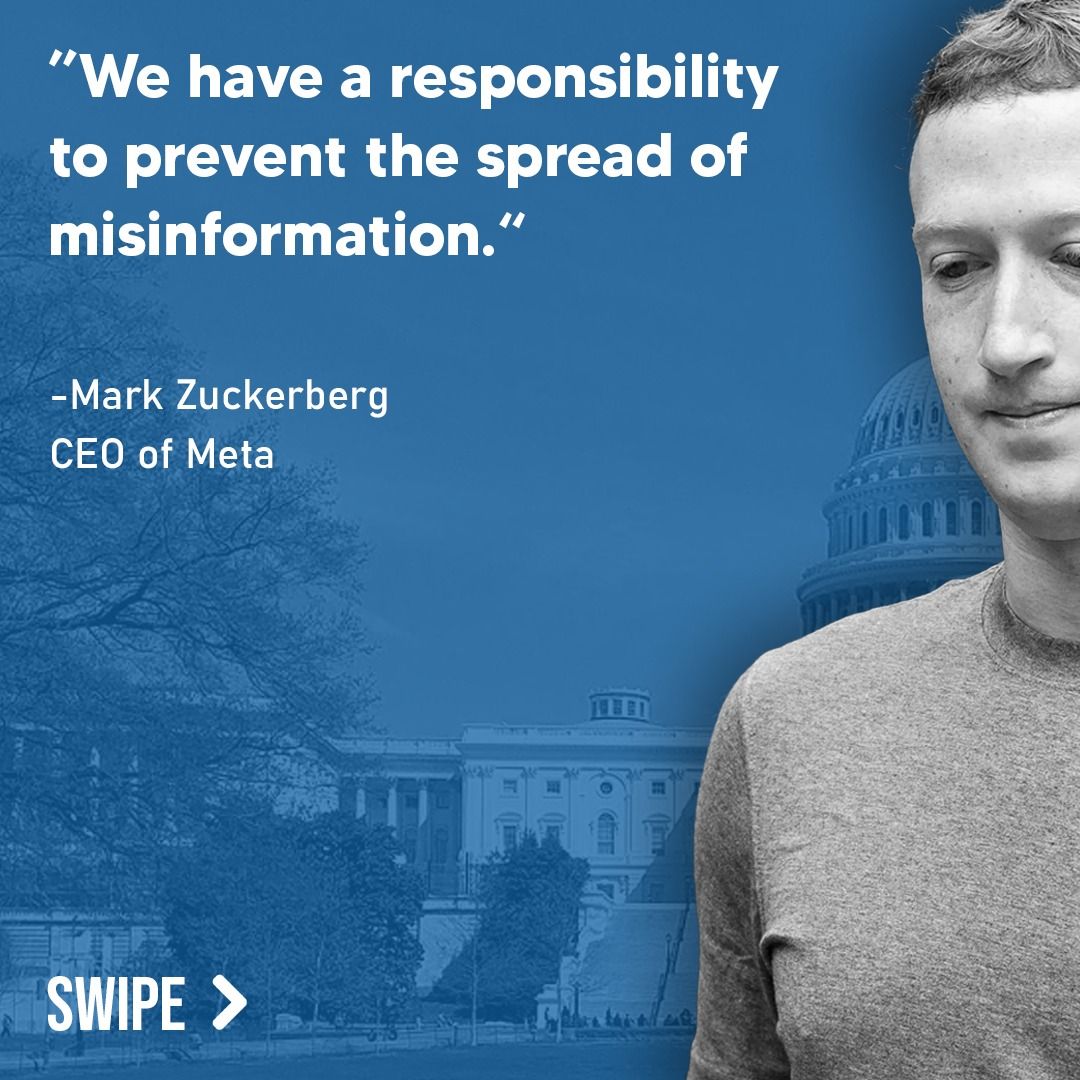“`html

Fact Check Analysis: “I just want to hug her”: Family of British-Israeli hostage on news she will be released
Submitted by one of our subscribers for verification. Remember, you too can submit articles for fact-checking through the DBUNK app for free!
Preliminary Verdict
The article sheds light on the poignant story of Emily Damari, a British-Israeli citizen who has been held hostage by Hamas for over a year. While offering valuable human-interest insights, our analysis has uncovered missing context and questionable statements that demand closer scrutiny.
We’ll not only evaluate the accuracy of crucial details but also address readers’ central question: Why did securing aid and information for Emily and other hostages take so long?

Unpacking Misinformation and Missing Context
At its core, this article heavily relies on emotional storytelling, but it notably fails to clarify certain key international and political factors, which risks presenting a skewed narrative. Here’s what we found:
Misinformation: Was Emily conclusively among the “first” hostages to be released?
The article repeatedly states that Emily Damari is “among the first hostages Hamas plans to release,” yet there is no corroborating evidence outside of Hamas’ own claim. This raises questions about relying solely on statements from a source known for propaganda. Without independent verification, it’s misleading to present this as a confirmed fact.
Missing Context: Why was there a delay in securing aid for Emily and others?
The piece glosses over deeply complex geopolitical hurdles that significantly contributed to the delay in securing information or aid for Emily. For instance, ongoing negotiations were complicated by fractures within the international community, competing priorities between nations, and broader Middle Eastern conflicts. Without explaining these nuances, the article leaves readers with an incomplete understanding of the problem.

Bias Alert: Portrayal of the British Government
The article includes strong criticisms of the British government’s response, stating it “failed” to secure a quicker release for Emily. While this may reflect a sentiment held by the Damari family, it unfairly characterizes the government’s role without providing balanced context on their efforts or the numerous, uncontrollable external factors at play. Readers are left with an impression of incompetence rather than a nuanced account of the challenges involved.
Fact Discrepancy: Asthma and Tunnel Conditions
Mrs. Damari’s concerns about Emily suffering from asthma in tunnels, while understandable, are anecdotal and speculative. There is no confirmation Emily experienced such conditions or was impacted by asthma specifically. Respecting the gravity of hostage situations, it is critical that these claims be framed clearly as unverified and subjective.
Key Question: Why Did Securing Information or Aid Take So Long?
International hostage situations are fraught with complications, especially in a volatile region like Gaza. Several factors contributed to the delay in Emily’s case:
1. The Nature of the Captors: Hamas is a designated terrorist organization by many governments, complicating direct negotiations. Tensions between negotiating parties, combined with Hamas’ opaque information-sharing policies, delayed actionable confirmations of Emily’s welfare.
2. Bureaucratic Complexity: Multiple levels of intergovernmental dialogue involving Israel, Britain, and international intermediaries required lengthy coordination. Splintered priorities among nations prolonged decision-making timetables.
3. Shifting Priorities: Other conflicts and competing crises (e.g., antagonistic violence between Gaza and Israel) consumed international attention, slowing progress.
While Emily’s story is undeniably harrowing, the delayed response reflects systemic issues rather than outright neglect.

Conclusion
The raw emotions captured in the article underscore the human cost of hostage situations, but deeper scrutiny reveals areas of missing context and unbalanced reporting that may inadvertently mislead readers. By omitting critical geopolitical details and overemphasizing unverified claims, the article’s framing falls short of delivering a thoroughly factual and balanced account.
For a clearer picture of the truth and tools to debunk misinformation in today’s complex media landscape, download the DBUNK app. With its release coming soon, you’ll be empowered to dissect the facts behind every news story.
Original Article Link: Read the Original Article Here
“`

